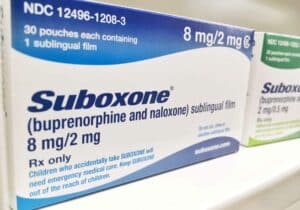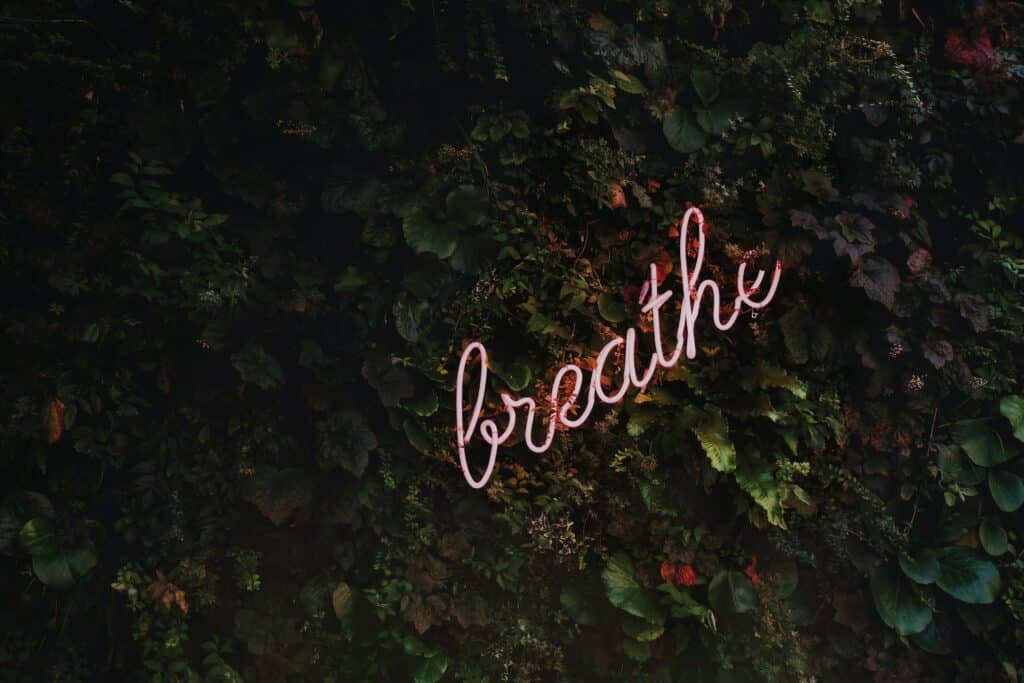It is not uncommon for some who have been diagnosed with a substance use disorder to also struggle with their mental health. This is known as a co-occurring disorder or dual diagnosis. This can be challenging to manage as the two conditions are fueled by one another. By seeking treatment for addiction and mental health disorders, you can begin achieving the life you deserve.
What Is Dual Diagnosis?
Both substance use disorders and mental health disorders are common in the United States. Often, repeated use and misuse of substances like drugs and alcohol are accompanied by an underlying mental health condition. This is referred to as a co-occurring disorder or dual diagnosis.
While mental health conditions may not cause substance use disorders or vice versa, it is possible that one can cause the other. People struggling with mental health disorders can often turn to drugs and/or alcohol as a way to self-medicate. Similarly, the frequent use of substances can alter the chemical composition of the brain and lead to mental illness.
Drugs and alcohol can negatively impact ongoing symptoms of mental illness, and the same can be said the other way around. While it can be challenging to identify which came first because of individual differences, the connection between the two is distinct.
How Dual Diagnosis is Treated
When treating addiction and mental illness together, it can be more difficult than treating just one. Treatment for dual diagnosis varies depending on the individual. Treatment is determined based on the two conditions that are being addressed. Treatment is also dependent on a number of personal factors. These factors can include any of the following:
- How the brain responds
- Genetics
- Triggers in the Environment
- Exposure at an early age
Any of these factors can worsen a mental health condition. Therefore, a thorough understanding of the individual is needed to treat co-occurring disorders properly. It is vital that co-occurring disorders are treated at the same time. Here are some examples of treatment options.
Therapy
Therapy is a vital piece of treating a dual diagnosis. It can help the patient and their therapist understand the underlying causes of the diagnosis and adjust treatment accordingly. Therapy can also be helpful in teaching individuals how to manage their behaviors, thoughts, and triggers.
Support Groups
Support groups are a valuable resource for recovery. Many find that having a safe, judgment-free space to speak about their feelings, thoughts, and experiences can be beneficial. It also helps to have people who can relate and understand to speak with.
Medication
In some cases, medication is administered to a person with a mental health disorder and a substance use disorder to help with managing symptoms.
Signs of Co-occurring Disorders
It can be challenging to pick up on signs of mental health disorders or substance use disorders on their own. Noticing signs of a co-occurring disorder can be even more complicated because symptoms vary between individuals. Some symptoms include the following:
- Difficulty managing and completing daily tasks
- Sudden changes in behavior
- Neglecting personal hygiene
- Suicidal thoughts or behaviors
- Struggling to manage finances
- Poor work or school performance
Common Mental Health Disorders and Addictions
Some mental health conditions are more common among individuals with addictions. According to the National Institute of Health (NIH), 38.1% of individuals with a mood disorder reported using drugs to self-medicate. Some of these disorders are listed below.
Depression
Depression is a common mental illness that affects how an individual thinks, acts, and feels. Numerous people who are depressed use drugs or alcohol to self-medicate. While they might believe it helps, it can worsen the problem. After the high wears off, a person can be left feeling even worse than before. Thus, continuing the cycle of maintaining the high.
Attention-deficit Hyperactivity Disorder (ADHD)
ADHD is another common disorder among American citizens. It is characterized by a pattern of inattention and hyperactive tendencies that interfere with completing daily tasks. People who were diagnosed with ADHD are often prescribed medications to treat their condition. Misuse of prescription medication can lead to a habit that worsens over time.
Post-traumatic Stress Disorder (PTSD)
Post-traumatic Stress Disorder, or PTSD, is a result of an inadequate amount of endorphins in the brain. PTSD can be a result of a plethora of traumatic events. This disorder is often seen in military veterans who experienced violence during combat. A person with PTSD will likely use alcohol or drugs to forget or to feel happier.
Bipolar Disorder
Bipolar disorder, or manic depression, is a condition that causes drastic changes in a person’s emotional state. It has been reported that almost half of the people with bipolar disorder also struggle with addiction. To people with bipolar disorder, drugs, and alcohol are often used to self-medicate because they believe it reduces their manic episodes temporarily.
Why Co-occurring Disorders Are Difficult to Treat
Until the past few decades, addiction and mental illness have been seen as something shameful in society. They were often dismissed as a failure of moral character or selfishness. In that light, suffering from both of these conditions at the same time could be viewed as embarrassing and cause a great deal of shame.
Not only is there a stigma attached to dual diagnosis, but it can also be challenging to treat because it is a very delicate process. If medication is generally used to treat a mental health disorder, a healthcare professional would not prescribe it if a person struggles with opioid addiction. It can be challenging to find the right blend of treatment options for individuals who struggle with both a mental illness and substance use disorder.
If you want to learn more about dual diagnosis and co-occurring disorders, reach out to your local wellness group in Chattanooga, TN.
Treatment for Co-occurring Disorders in Chattanooga, TNAt Iris Wellness Group, our team is committed to helping individuals learn healthy lifestyle choices that can help them maintain sobriety after leaving drug and alcohol rehab. If you are interested in seeing how any of our programs can help you or a loved one overcome an addiction, contact our team today.










